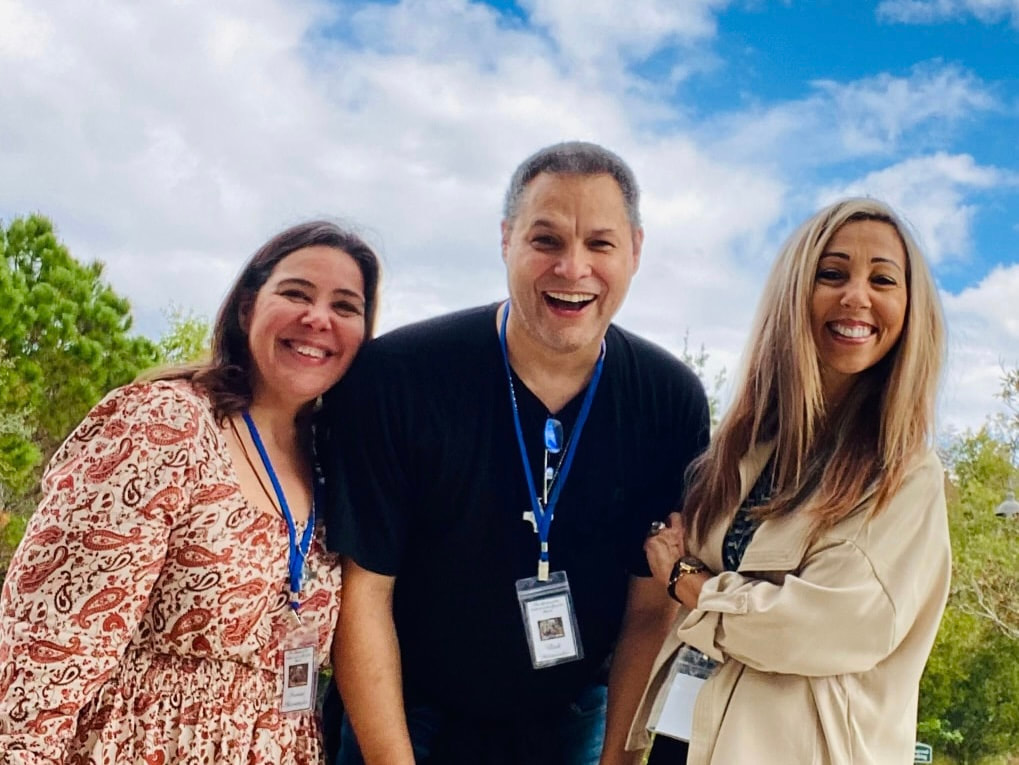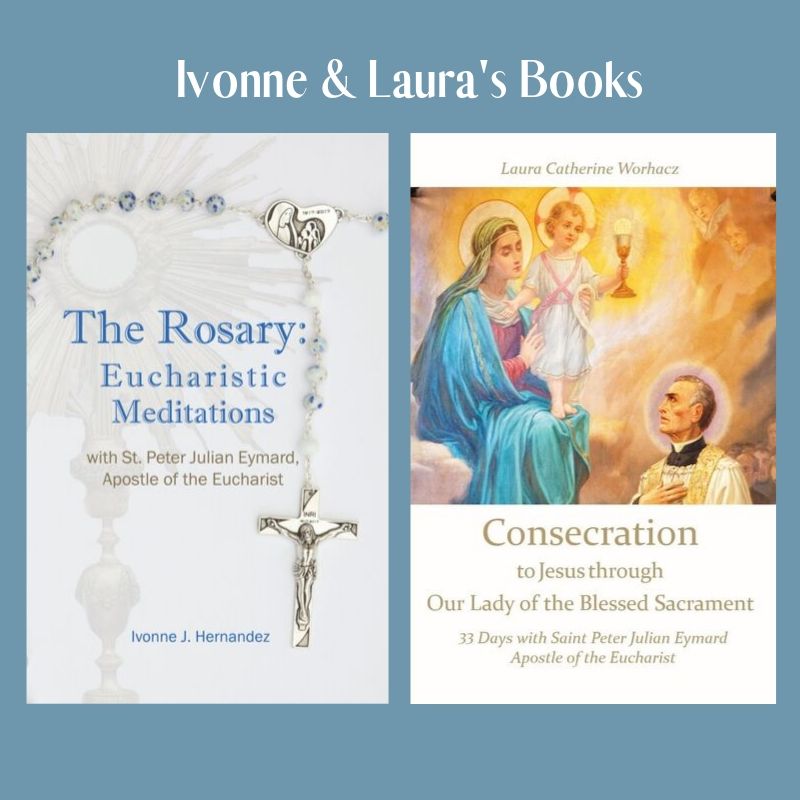ELISHEBA BLOGLaura, Ivonne, and Rick
write about their lives in the Eucharist. |
|
Every so often I feel compelled to take a little excursion of remembrance through my life journey, and I invariably find that I spend more time contemplating my failures and faults than in the joy of the triumphs and accomplishments. This may just be my personality, but I find that my human nature tends to gravitate towards regret, and even guilt, rather than gratitude.
This state of regret over the past is one that we must actively fight against, especially when it is accompanied by excessive guilt. Catholics have access to the Sacrament of Reconciliation (Confession) in order for us to receive forgiveness for our sins and our faults, and to restore us to Communion with our Lord, and after we receive absolution, we are forgiven, no ifs and no buts. But do we forgive ourselves or do we continue to live in regret and guilt? We do not need regret but repentance. It is not really worth it to look back with regret on the things that were done from love and mercy, whether they could have been done better or differently. If they were done to the best of our ability, with love, and to the full extent of what we knew, then no more could have been honestly asked of us. We did what we could. Let us not stay trapped there. It may be worth looking back at those moments where we lacked love and mercy, even if the end result was positive. For those instances we have to repent, revise, and reconsider, so that we may learn how to do better and grow to become the saintly people God envisions. Those instances we bring to Confession, that we may be forgiven. Yet, we are human, and it can be so easy for us, who have failed in mercy and love through our actions, to just stay in that place of regret and guilt, convicted by our own judgment. Let us fight that. Christ calls us to move forward from there. His forgiveness calls us to action and work towards making amends, toward the bettering of self, and toward becoming the best version of ourselves. Through the Sacrament of Confession we are restored to a relationship with Christ and others, yet some of us fail to believe this, we fail to forgive ourselves, and we choose, once again, to remain on that lonely place of self-judgment and regret. A good act of contrition is meant to reset our minds and hearts as it helps set our sights forward from this moment: "I firmly intend to do penance and to sin no more..."
Why do we choose to believe that the grace of God cannot change us? From our repentance, and after confession, we are called to a restored life. We are received, yet again, by the One who sees us as we were created to be. Forgiveness does indeed restore us. The grace received does empower us to work on ourselves, to once again become as one with Christ Eucharistic. We may not be able to fully let go of our regrets and self-guilt yet, but let us not lose hope that we can get there, for love can nurture us, faith can sustain us, and hope can keep us from despair. In the moment of our individual judgment, Christ will ask us about many things. Will we tell Him we did not believe He could redeem us? Let us pray: Lord, You are forever just and forever merciful. Help us to repent honestly and accept Your Mercy, that we may live our lives fully in You. Amen.
0 Comments
Your comment will be posted after it is approved.
Leave a Reply. |
Categories
All
FOLLOW US ON SOCIAL MEDIA:
AuthorsWe are Ivonne J. Hernandez, Rick Hernandez and Laura Worhacz, Lay Associates of the Congregation of the Blessed Sacrament, and brothers and sisters in Christ. |
Copyright © 2024 Elisheba House Inc.
Elisheba House is a 501(c)(3) non-profit organization. Federal Tax ID Number 84-1894146
Florida registration for Solicitations of Contributions #CH71652
A COPY OF THE OFFICIAL REGISTRATION AND FINANCIAL INFORMATION MAY BE OBTAINED FROM THE DIVISION OF CONSUMER SERVICES BY CALLING TOLL-FREE (800-435-7352) WITHIN THE STATE. REGISTRATION DOES NOT IMPLY ENDORSEMENT, APPROVAL, OR RECOMMENDATION BY THE STATE.
Florida registration for Solicitations of Contributions #CH71652
A COPY OF THE OFFICIAL REGISTRATION AND FINANCIAL INFORMATION MAY BE OBTAINED FROM THE DIVISION OF CONSUMER SERVICES BY CALLING TOLL-FREE (800-435-7352) WITHIN THE STATE. REGISTRATION DOES NOT IMPLY ENDORSEMENT, APPROVAL, OR RECOMMENDATION BY THE STATE.





 RSS Feed
RSS Feed